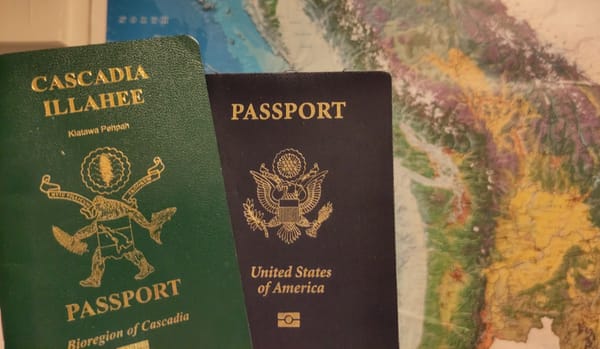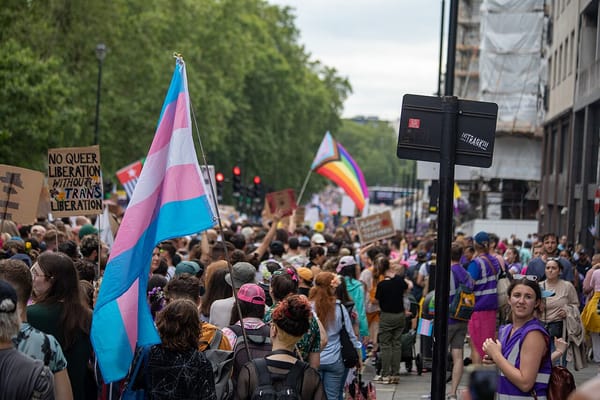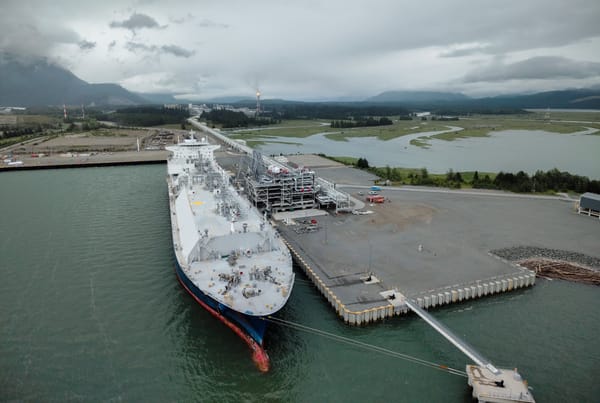Cascadia will do what the US won't: Tackle climate change
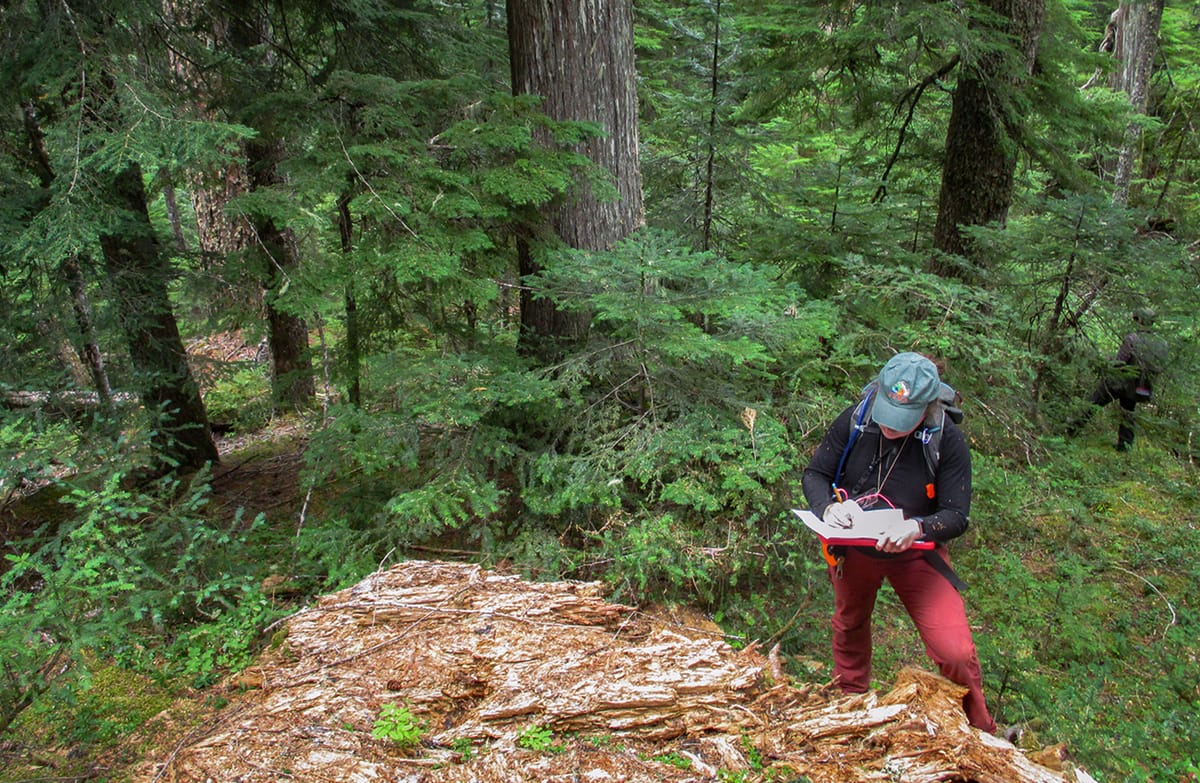
The Trump administration loves to create a phony crisis. No, the Tren de Aragua gang isn't taking over the US. There's no "energy emergency" that demands more oil drilling. And peaceful protesters challenging the genocide in Gaza aren't an existential threat to the nation.
But there is a very real global crisis: climate change.
NASA recently confirmed that earth's average surface temperature in 2024 was the highest ever recorded. And even if the world reduced fossil fuel usage enough to limit warming to 1.5 degrees Celsius as outlined in the Paris Agreement, it could still cause catastrophic sea level rise, a new report shows.
When much of the world has acknowledged the science, the Trump administration is intent on taking us backwards. It's withdrawn from the Paris Agreement, eliminated funding for NOAA research on climate and the oceans, decimated agencies tasked with fighting wildfires, and proposing massive cuts to federally-funded research entities such as the EPA, NSF, and NASA that do critical climate research.
As the Trump administration disregards the rule of law and ignores the constitution, it's time for Cascadia to consider if we can do better on our own.
Washington and Oregon have taken the lead on climate policies. Former WA governor Jay Inslee led the fight for the 2021 cap and trade system that's already generated $2 billion to fight climate change. Though Republicans walked out of the Oregon legislature to prevent a cap and trade bill, it was implemented by executive order in 2024. British Columbia had a carbon tax, that is, until April of this year (which is why you should vote BC Greens but that's another essay).
If the current administration succeeds in stripping our bioregion of millions of dollars in research grant that Congress already designated our tax dollars toward, I believe it's time for Cascadia to seriously consider how we can achieve peaceful independence and tackle the climate crisis with the rest of the world.
Without having to contribute to an absurd $1 trillion US military budget, an independent bioregion that includes Oregon and Washington could continue to fund research on climate, dedicate adequate funding to wildfire prevention, convert our buildings to renewables, build a high speed rail system, and create a sustainable energy system.
Those things won't be cheap. As I reported in 2021 for Investigate West, retrofitting buildings across Cascadia will cost billions, for example.
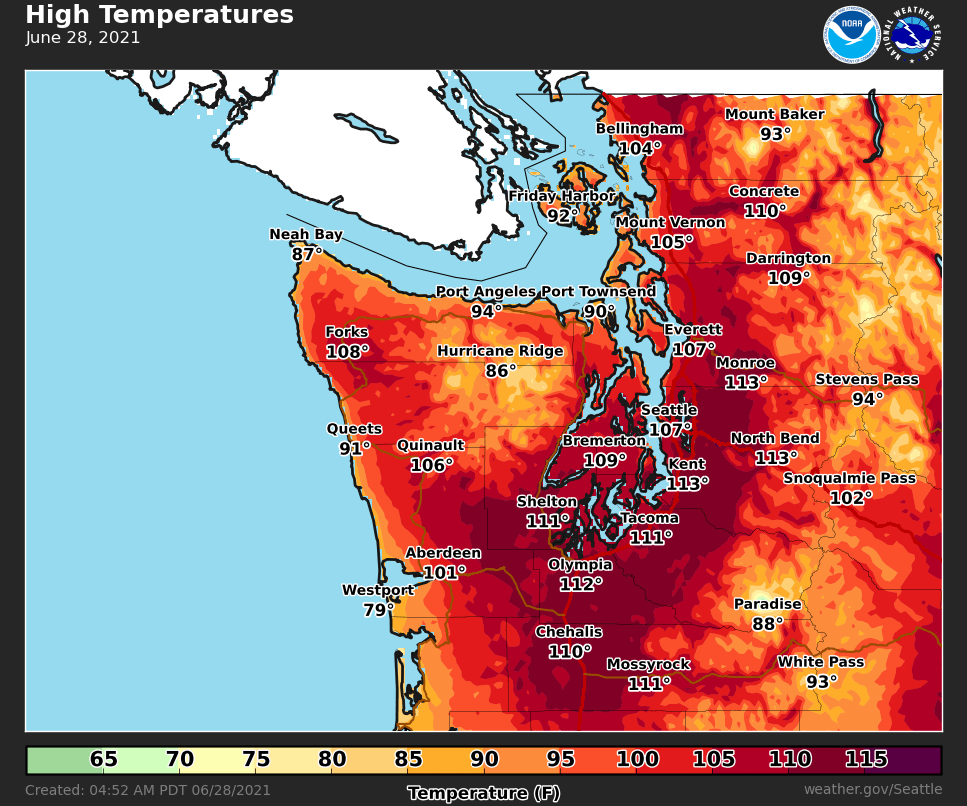
But we know we need to do it. Here in Cascadia, we've experienced climate change's effects firsthand. None of us who experienced it will forget the sweltering heat dome and choking wildfire smoke in the summer of 2021. And researchers with the National Park Service have documented that the glaciers of the Cascades and Olympics have retreated drastically because of climate change.
As former WA governor Jay Inslee once said, "What the scientific community is telling us now is that the Earth is screaming at us." Inslee also noted that it's a solvable problem. He's right.
But it will take an independent Cascadia to truly make that happen here at home.
--Andrew Engelson
Like what you're reading? I'm still 18 subscribers short of my goal of 50 paid subscribers by June 1. It's only $5 a month (or $50 for a full year) to show your support for news and arts coverage for the Cascadia bioregion. Thanks!



